+982186086361
+982186086278
+989128382343
Glass Capillary Viscometers
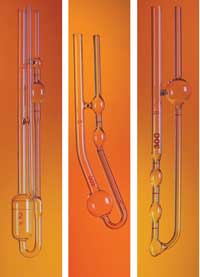
a full selection of glass capillary viscometers for measuring kinematic viscosity of liquid petroleum products in accordance with ASTM D445 and related standard test methods
All types of viscometers conform to ASTM D446 and related standard specifications for glass capillary kinematic viscometers. Each viscometer is supplied with a calibration certificate, and holders should be ordered separately.
Ubbelohde Viscometers
The Ubbelohde viscometer and other suspended level viscometers are used to measure transparent liquids. Unlike the Cannon®-Fenske Routine viscometer, suspended level viscometers maintain the same viscometer constant at all temperatures, advantageous when samples are to be measured at different temperatures. Other suspended level viscometers in this catalog include the BS/IP/SL, BP/IP/SL(S), and BP/IP/MSL viscometers.
Reverse Flow Viscometers
The Cannon®-Fenske Opaque, Cross Arm, and BS/IP/RF U-Tube viscometers have been designed for testing opaque liquids. These viscometers wet the timing section of the viscometer capillary only during the actual measurement and must be cleaned, dried and refilled before a repeat measurement can be made. By contrast, other viscometer types commonly used to measure transparent liquids allow the sample to be repeatedly drawn up into the capillary, permitting duplicate measurements.
Small Volume Viscometers
Several semi-micro viscometers have been designed which require one milliliter or less of liquid, which include the Cannon®-Manning Semi-Micro, Cannon®-Manning Semi-Micro Extra Low Charge, and Cannon®-Ubbelohde Semi-Micro viscometers.
Dilution Viscometers
Estimates of the molecular size and shape of large polymers molecules can be obtained from kinematic viscosity measurements of dilute solutions. The Cannon®-Ubbelohde Dilution viscometer has an extra large reservoir which allows polymer solutions to be diluted several times and measures viscosities at four different shear rates. Dilute polymer solutions frequently appear to exhibit changes in kinematic viscosity when the shear rate is changed.
Vacuum Viscometers
In most glass capillary viscometers, the samples flow under gravity. When liquids are too viscous to flow readily under gravity, vacuum viscometers may be used to measure viscosity. A vacuum is applied to one end of the viscometer to pull the liquid through the capillary into the timing bulb. Koehler offers the Cannon®-Manning Vacuum, the Asphalt Institute Vacuum, and the Modified Koppers Vacuum reverse flow viscometer tubes. These vacuum viscometers require an accurately controlled vacuum regulator for proper measurement.
other products from Oil And Petrochemical
-
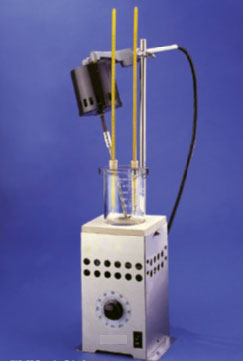 Dropping Point Apparatus
Dropping Point Apparatus
-
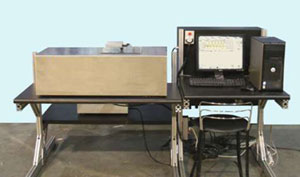 دستگاه آزمایش کشش مستقیم (DTT)
دستگاه آزمایش کشش مستقیم (DTT)
-
 Coking Tendency of Oil
Coking Tendency of Oil
-
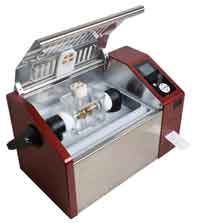 Dielectric Breakdown Voltage of Insulating Oils
Dielectric Breakdown Voltage of Insulating Oils
-
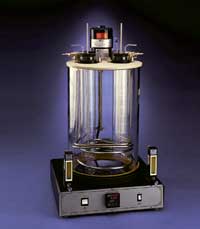 Foaming Characteristics of Lubricating Oils
Foaming Characteristics of Lubricating Oils
-
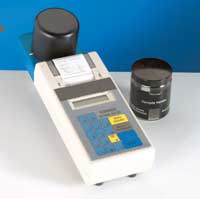 Octane Analyzer For Unleaded Gasolines
Octane Analyzer For Unleaded Gasolines
-
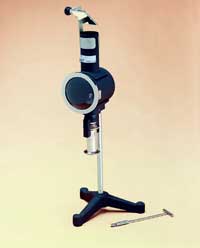 Smoke Point of Kerosene and Aviation Turbine Fuel
Smoke Point of Kerosene and Aviation Turbine Fuel
-
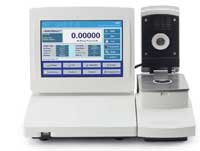 Refractive Index of Petroleum Products
Refractive Index of Petroleum Products
-
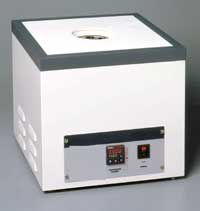 Ramsbottom Carbon Residue of Petroleum Products
Ramsbottom Carbon Residue of Petroleum Products
-
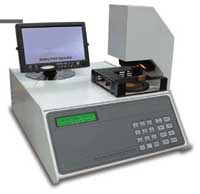 Automatic Melting Point Range Apparatus
Automatic Melting Point Range Apparatus
-
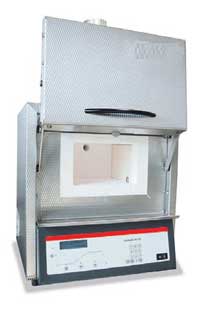 Ash from Petroleum Products
Ash from Petroleum Products
-
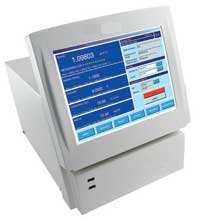 Automatic Density Meter
Automatic Density Meter
-
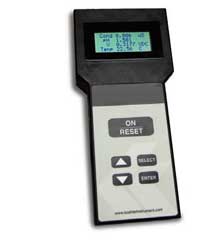 Salts in Crude Analyzer
Salts in Crude Analyzer
-
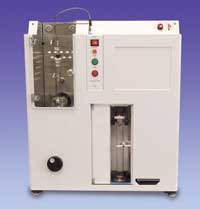 Automatic Distillation of Petroleum Products
Automatic Distillation of Petroleum Products
-
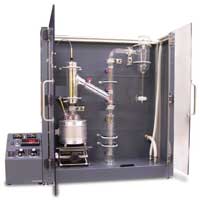 Distillation of Petroleum Products at Reduced Pressure
Distillation of Petroleum Products at Reduced Pressure
-
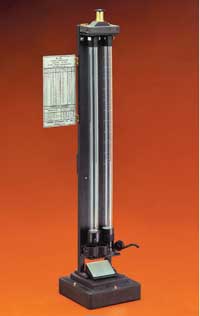 Saybolt Color of Petroleum Products
Saybolt Color of Petroleum Products



